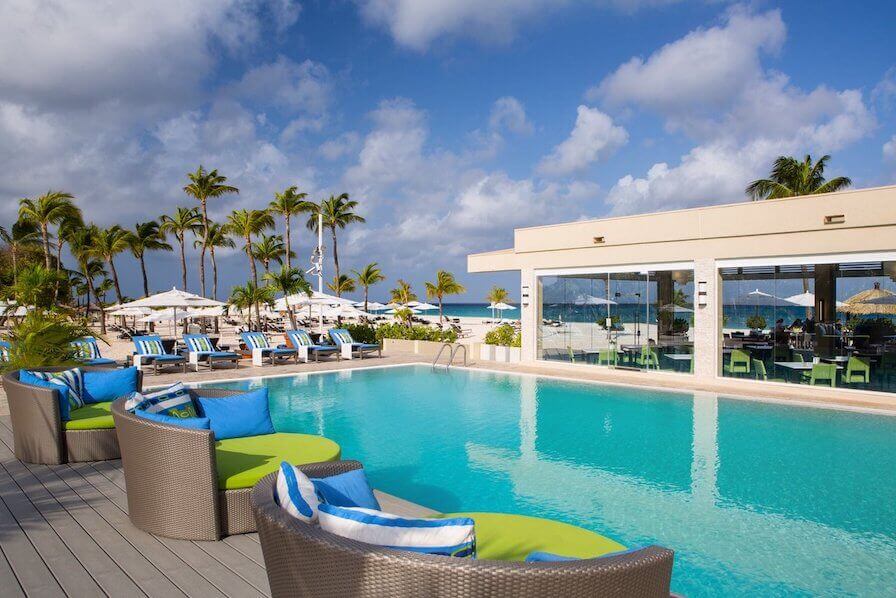Whether banning single-use plastic or switching to clean energy, hotels are finally waking up to the environmental catastrophe the world is facing. But when it comes to green credentials, some places are a cut above the rest. Here are some hotels and resorts taking inventive measures to safeguard the future of the planet.
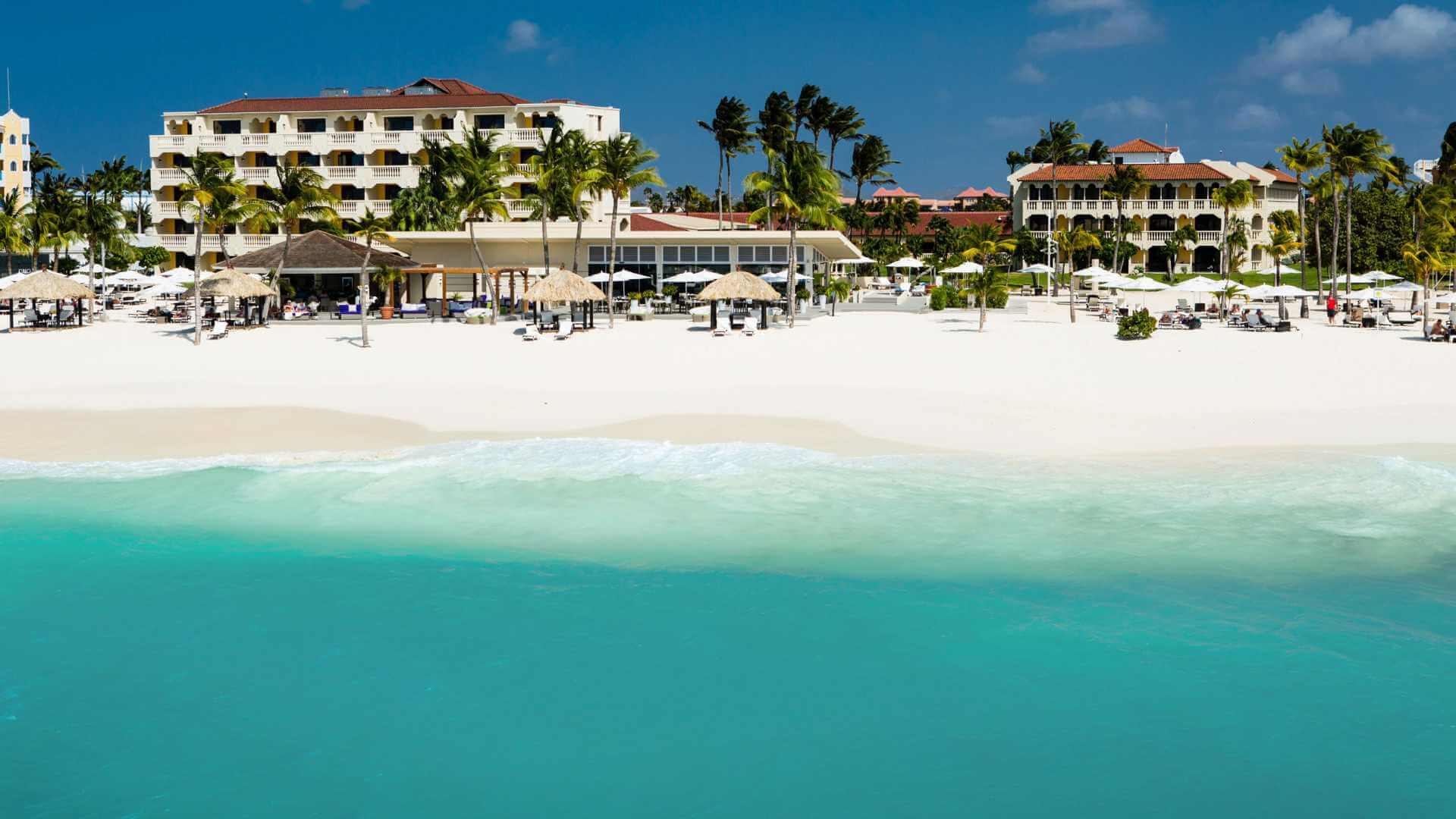
Bucuti & Tara Beach Resort, Aruba
The Bucuti and Tara resort in Aruba sits on Eagle Beach, a flawless white sand beach dotted with swaying palm trees and home to nesting sea turtles. Owner and eco pioneer Ewald Biemans has been advancing green initiatives at his resort for 31 years. He built the largest solar panel system on the island, banned plastic – 20 years ago – and reduced food portions to prevent food waste. Recently he has barred sunscreens which are toxic to coral and supplies guests with alternatives. In 2018, the resort became the first carbon-neutral resort in the Caribbean. Oh – and our experts think this is the best resort in Aruba, and give it an outstanding score of 95, too.
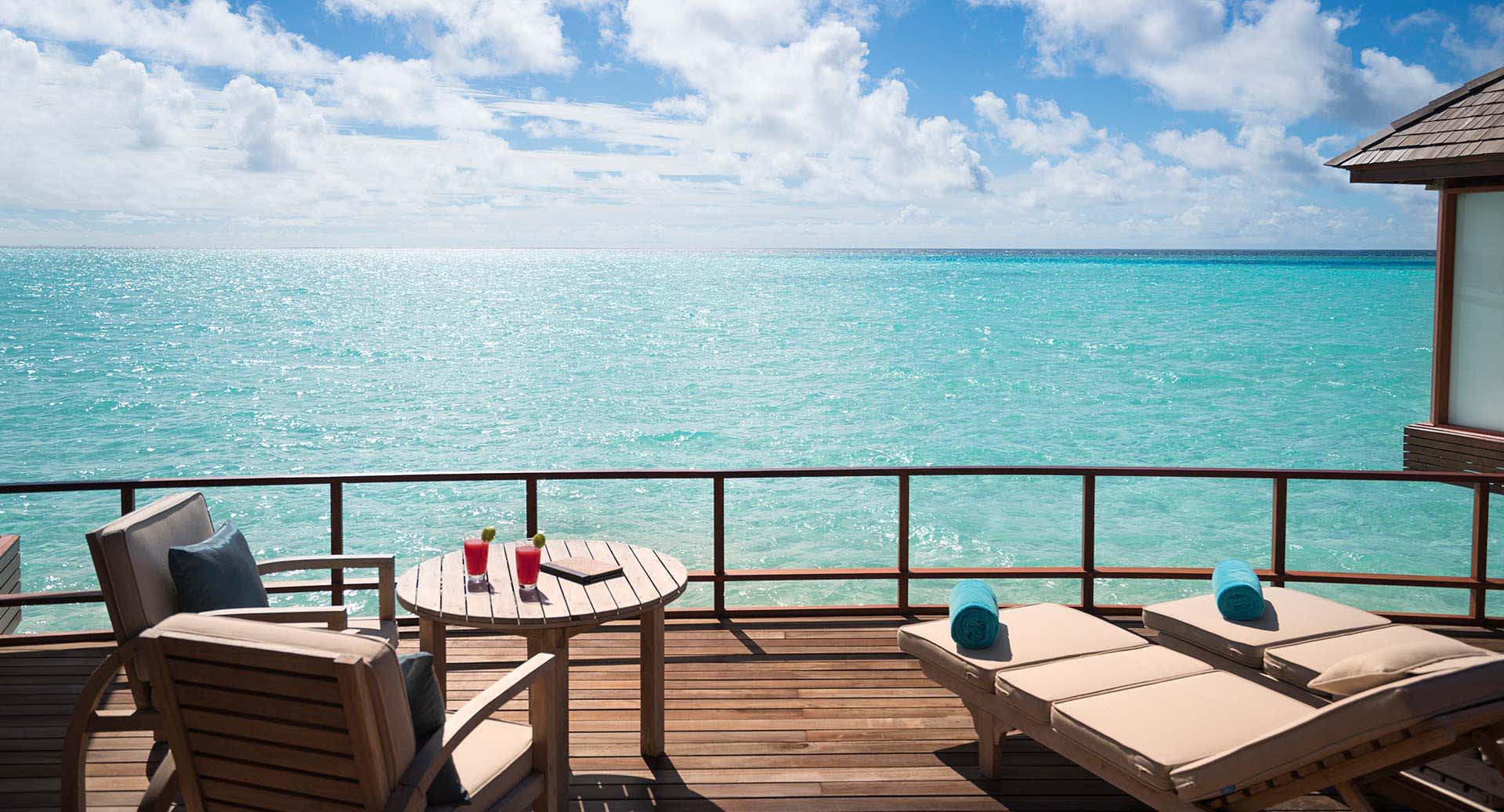
Anantara Dhigu and Veli, Maldives
Between 2014 and 2017 rising sea temperatures caused 75 per cent of the world’s coral to bleach. Determined to halt this natural disaster in the reefs around their Maldivian resorts, Anantara Hotels began funding a reef restoration project, HARP (Holistic Approach to Reef Protection). The project team takes pieces of surviving coral and grows them in nurseries before returning them to the reef. Three years in, 1500 new corals have been planted, and the reefs are regenerating. Visit either Anantara Dhigu or Anantara Veli, remote, beautiful strips of overwater villas in the South Male atoll, and you can volunteer on the project.
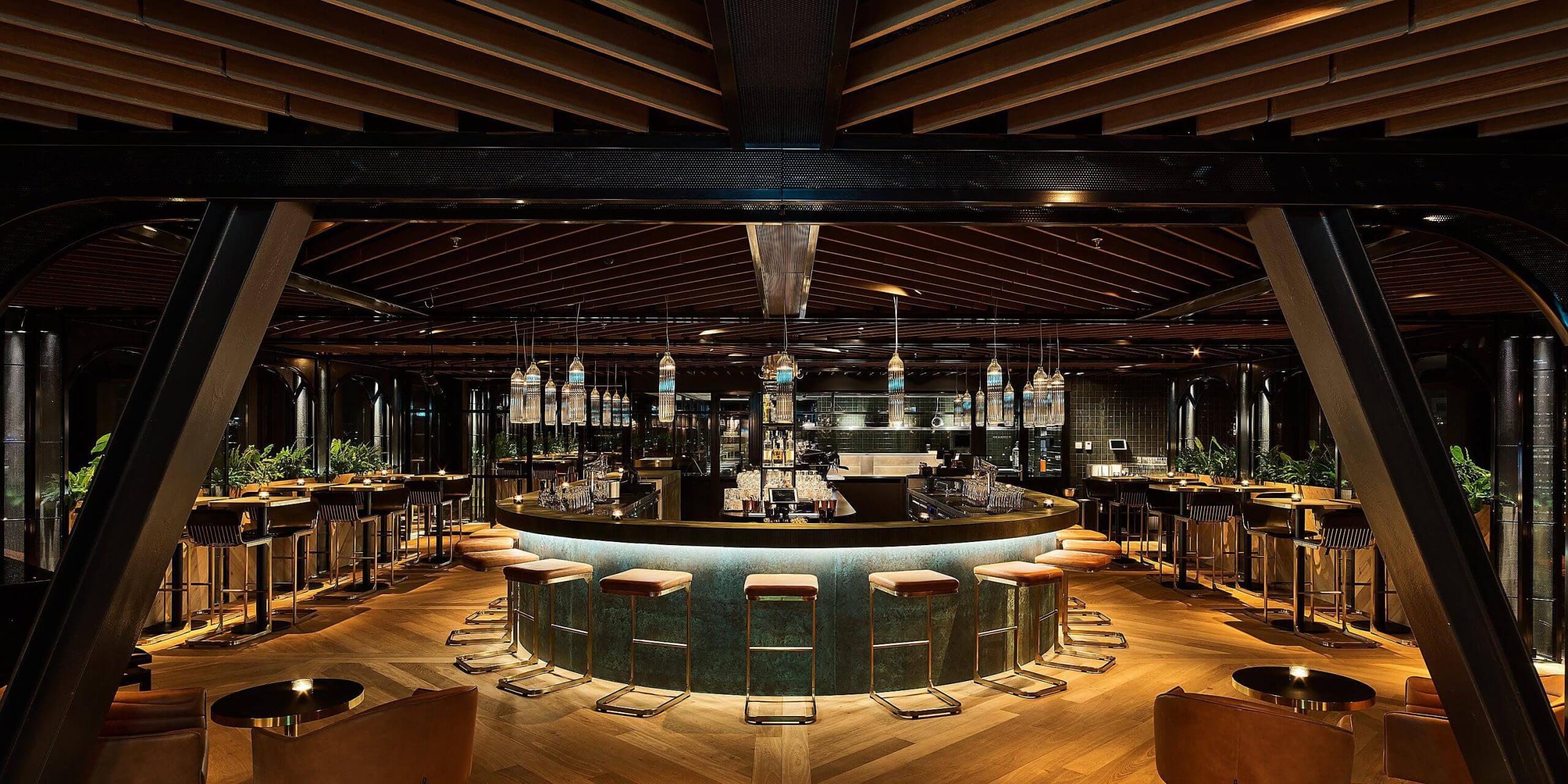
QO hotel, Amsterdam
Overlooking the Amstel River in cool Amsterdam-Oost, the QO hotel is a feat of green engineering. One of only six LEED Platinum hotels in Europe, its smart façade reflects the sun or insulates, creating perfect room temperatures. Heat is stored in an energy storage system 70 metres underground, and electricity is generated from waste frying fat. Proving sustainability doesn’t have to be ugly or boring, rooms are serene and minimal with natural hues, and carpets made from old fishing nets. It’s a quick cycle to the district’s trendy bars and restaurants.
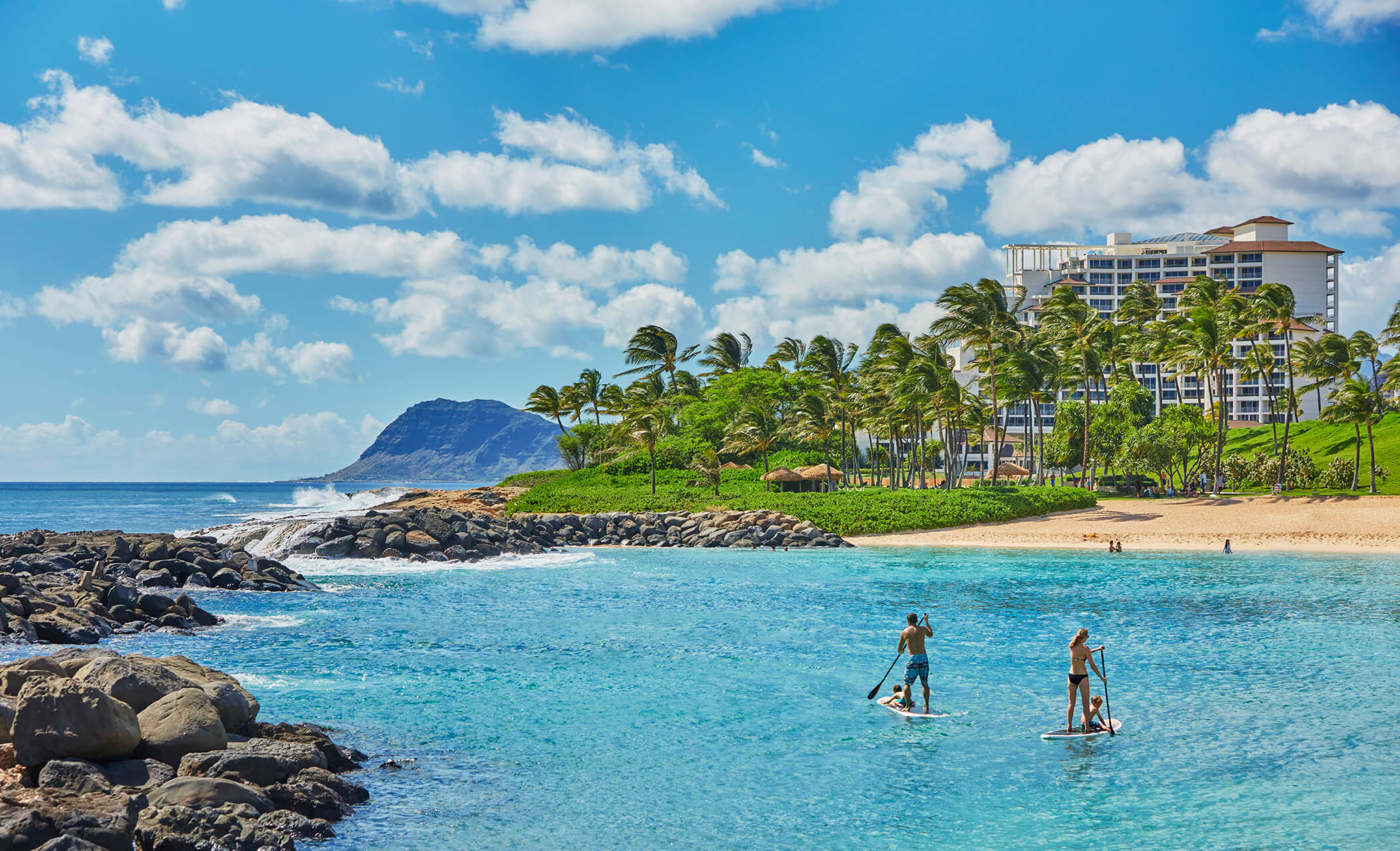
Four Seasons Resort Oahu at Ko Olina, Oahu
The Four Seasons Ko Olina sits facing the ocean on the rugged west coast of volcanic Oahu. Rooms are furnished with natural materials, and most have views of swaying palm trees and the powerful Pacific surf. The resort has taken an innovative approach to sustainability by joining the Blue Zones project. Inspired by the original ‘blue zones’ where people live very long lives, the resort has improved quality of life for its employees. Measures include upgrading communal spaces, making food healthier, establishing a weekly farmers market, employee yoga classes, and walking and biking programs.
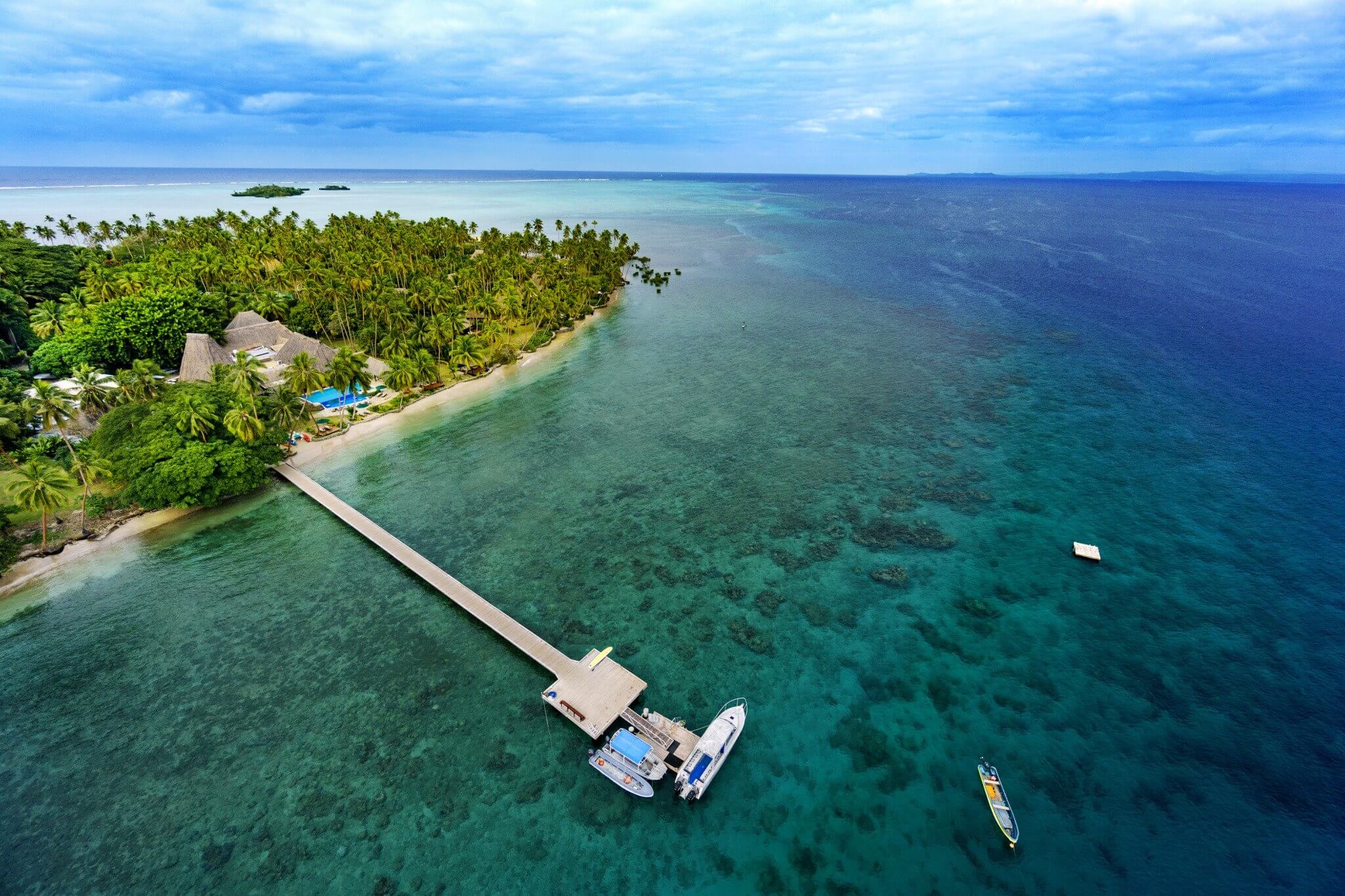
Jean-Michel Cousteau Resort, Fiji
Acclaimed filmmaker and son of ocean explorer Jacques Cousteau, Jean-Michel Cousteau has won countless awards for his environmentalism. His Fiji resort is on Vanua Levu, a rainforested, reef-encircled island in Northern Fiji, home to pearl farms and sugar cane growers. The resort funds education and health care for the local community. Guests can volunteer on sustainability projects, including repopulating giant clams and planting thousands of mangroves. There is no plastic, no chemicals and the water reclamation plant – Fiji’s first – reuses wastewater. Accommodation is in luxurious huts modelled on Fijian bures. Our experts give this resort an excellent score of 89, too.
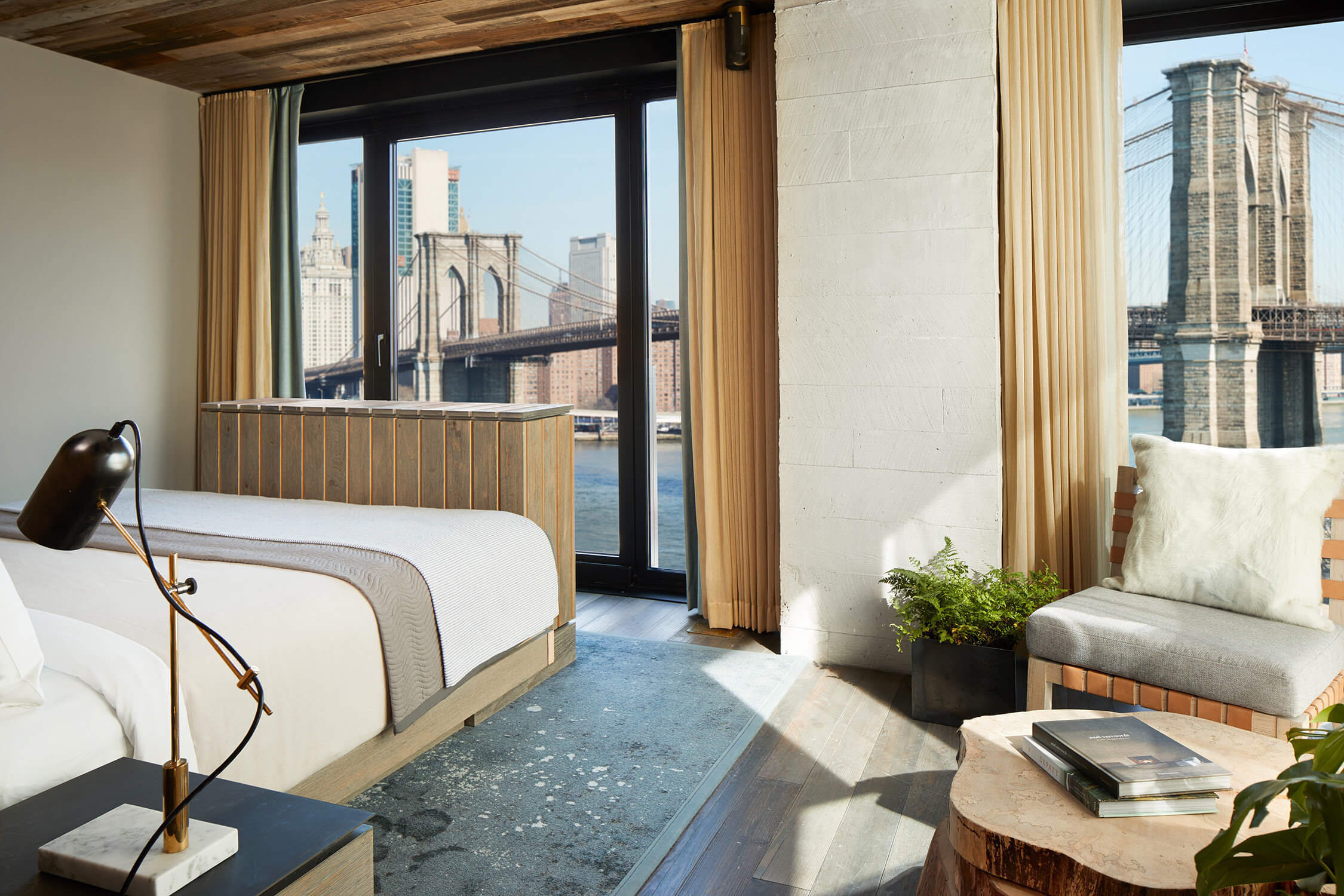
1 Hotel Brooklyn Bridge, New York
Overlooking the green slopes of Brooklyn Bridge Park and the East River, 1 Hotel Brooklyn Bridge is designed to bring the natural world inside. Light-filled rooms contain trees and moss grows here and there. Furniture is crafted from salvaged pine beams and old shipping pallets as well as stone, marble, and slate. The result is beautiful, chic – and reduces waste. Calling themselves ‘a platform for change’ 1 Hotels has introduced many green measures at this hotel, including efficient heating and cooling and rainwater harvesting. The restaurant even recycles oysters – taking the shells to nurseries to be regrown before returning them to the New York Harbour.
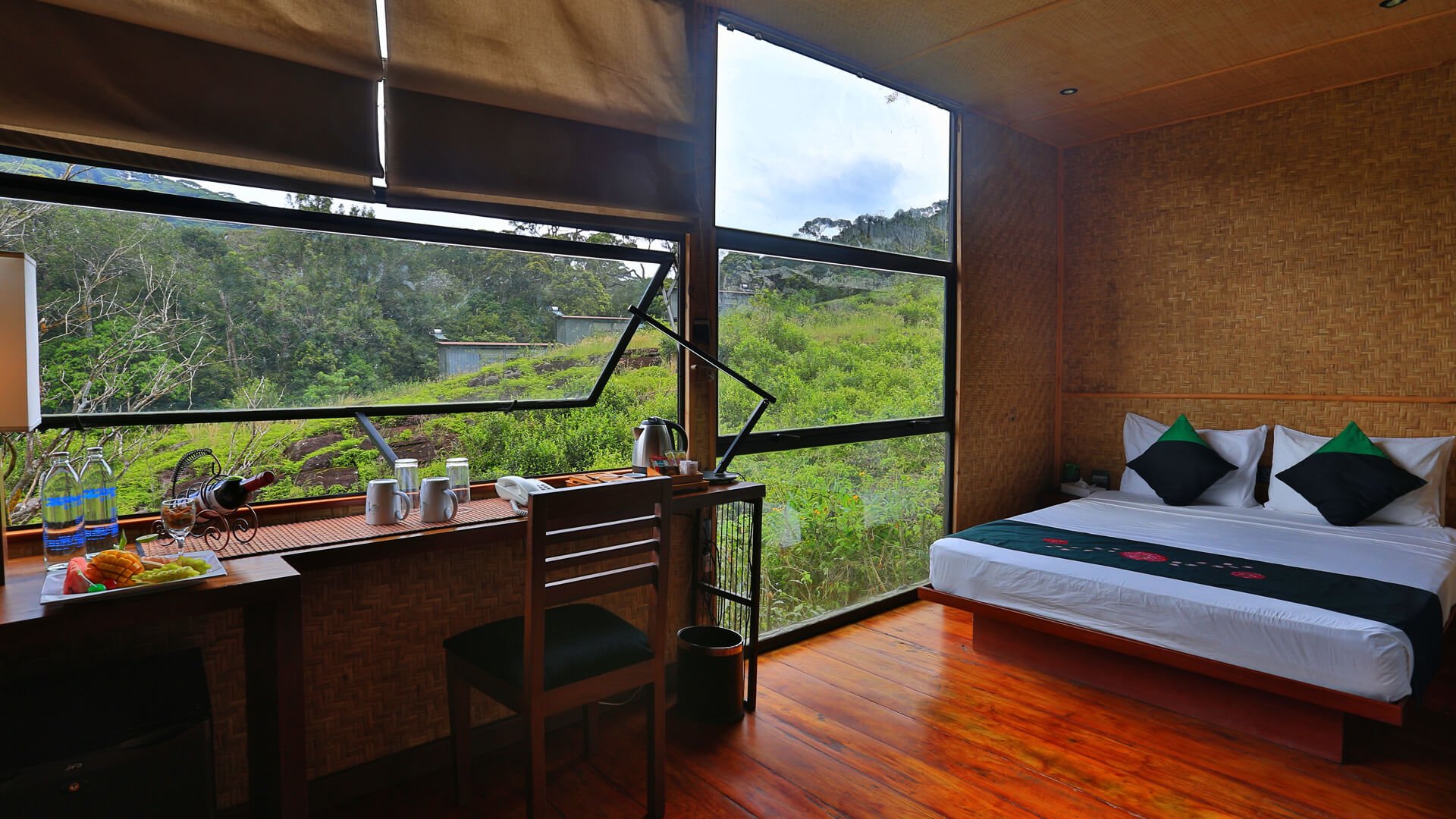
Rainforest Ecolodge, Sri Lanka
On the edge of Sinharaja Rainforest, the Rainforest Ecolodge is another LEED platinum building – the first in Sri Lanka. The lodge met strict constraints to acquire the certification that included not disturbing the surrounding forest and paying to upgrade a local tea workers village. Accommodation is in huts on stilts made from old shipping containers and salvaged railway sleepers. The location is magical; the tropical rainforest is just a few feet away, and you can expect to wake and find yourself shrouded in mist and serenaded by birds, toads, and giant squirrels.
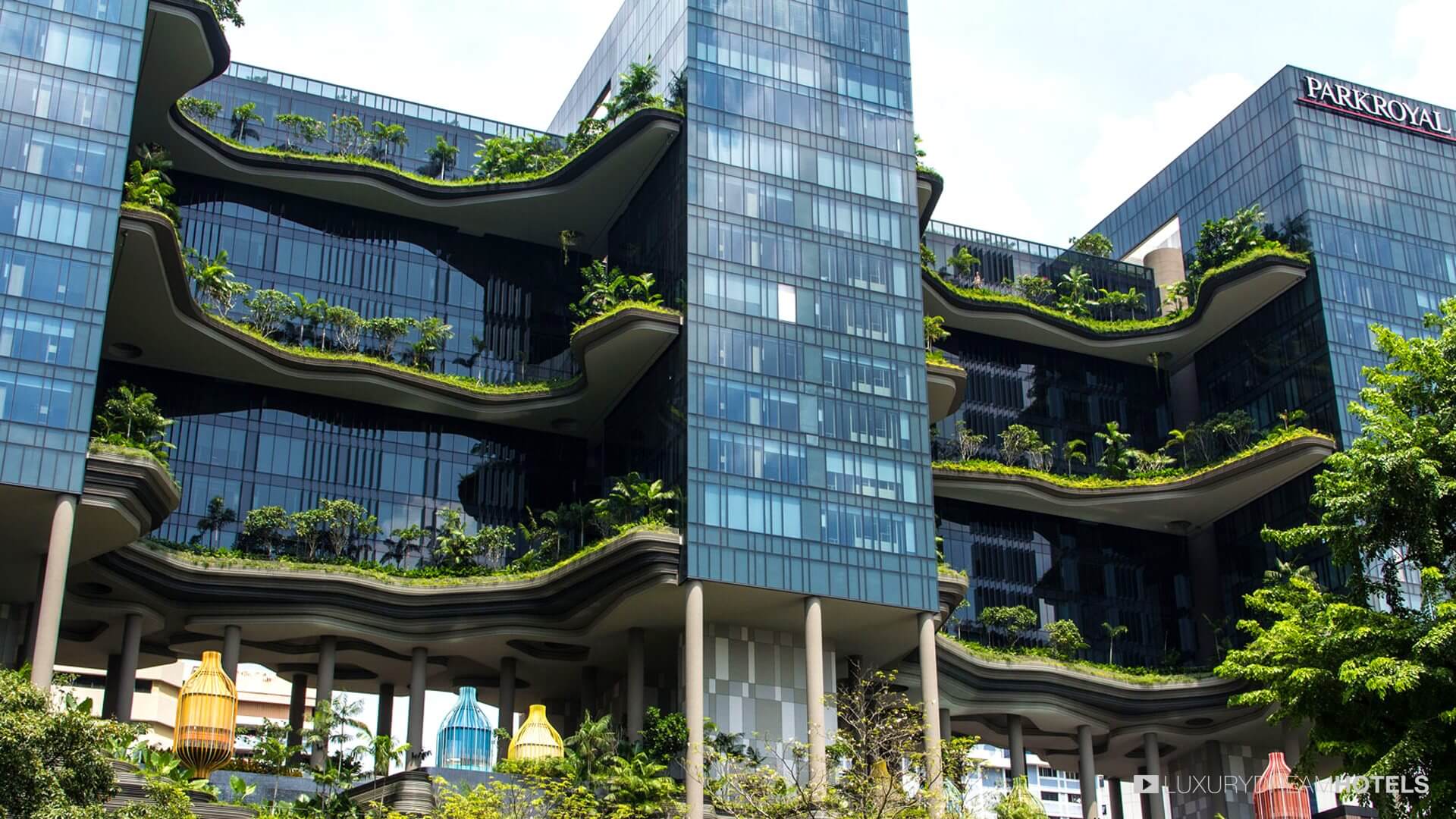
Parkroyal on Pickering, Singapore
Parkroyal on Pickering, an astonishing hotel on the edge of Singapore’s vibrant Chinatown, has won the title of Asia’s Leading Green Hotel for four consecutive years. The hotel’s design is inspired by natural features like waterfalls and ravines and includes 1500 square metres of gardens that cool the building and improve the air quality. Altogether the greenery – which includes 50 different types of plants – covers 200 per cent of the hotel’s land area. There are plenty of innovative energy-saving measures; motion sensors regulate energy use, and the hotel saves 32.5 Olympic size pools of water every year.
